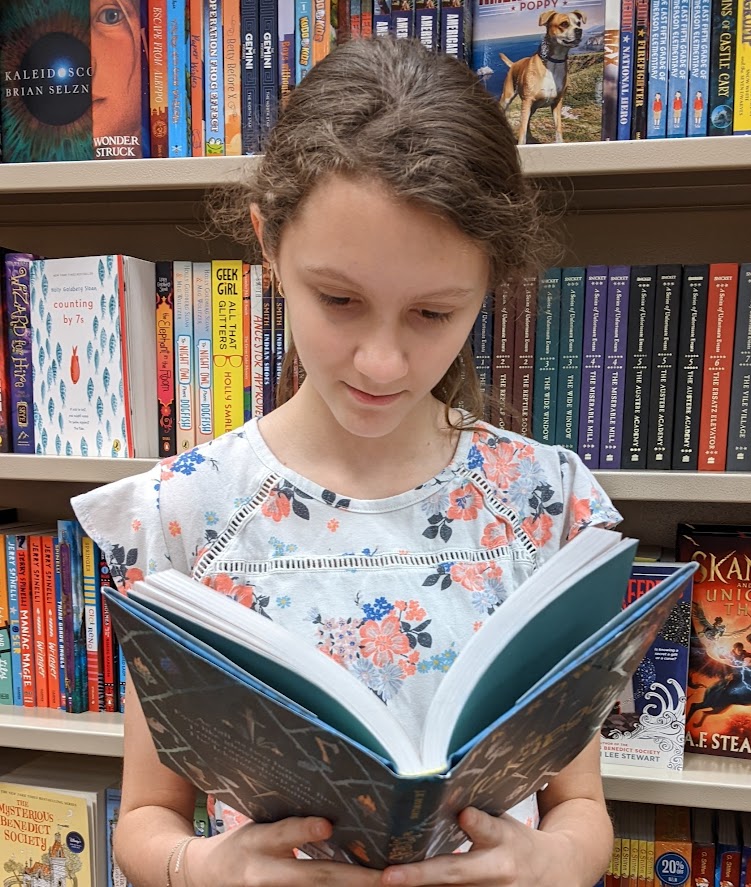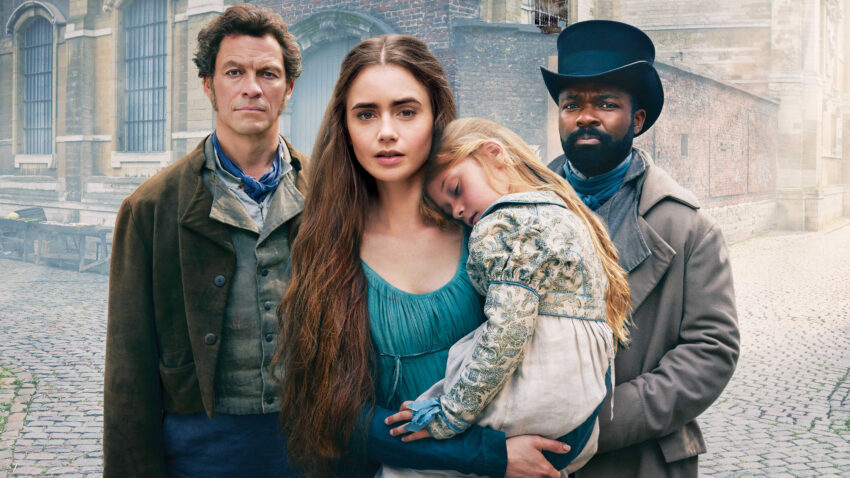Manipulating your reader’s emotions is one of the best ways to make an impact with your story. If any of your words have left someone feeling hopeful, joyful, or excited, you have done well as a writer. But some of the most powerful moments in storytelling are the dark moments. And often writers struggle to make the sad parts hit just as hard at the positive parts.
This is a problem. So many stories that I’ve read or watched recently fail to make the reader cry. This ultimately takes away from the entire story. When readers are left to drown in sunshine and rainbows, they forget why your story matters. But when they’ve been through pain right alongside your characters — when they know exactly what those characters have to lose — your readers begin to understand exactly what your characters are fighting for. They know how high the stakes are, and this understanding draws them closer to the characters, generates incredible suspense, and ultimately highlights your theme, showing your readers what was worth all this heartache. But none of that can be done if you write a sad moment that simply isn’t that emotional.
Today, I want to show you how to make your dark moments hit hard, and how all of that ultimately makes the joyful moments in your novel shine brighter.
Les Miserables
A few months ago, I introduced a literary device that consistently makes your readers cry. And since writing that article, I have discovered another certified technique to invoke sadness. The 19th century novel-turned-musical Les Miserables uses this technique incredibly well.
Les Miserables is an incredibly complicated story that starts with a poor man stealing a loaf of bread. Through a tragic twist of events, this man ends up escaping from prison and adopting a little girl named Cossette, who grows up to be a beautiful young woman. This man and his daughter travel constantly to avoid being apprehended by the law-driven Inspector Javert, and have to move every few months. Cossette is fairly content with this life until the day she meets Marius. Marius is willing to do anything to help the french people and is just about to join his friends in revolutionary fight when the two of them fall in love.
Meanwhile, Eponine, a girl Marius has grown up with, grows increasingly heartbroken. Eponine has been in love with Marius for years now, and he still barely notices her, even less so now that he’s essentially found his Juilet. Her infamous song, On My Own, spills out all of her feelings for this man and simultaneously shows her acceptance of the fact that he’ll never love her back.
One night Cossette’s father is startled by a commotion outside his house and tells Cossette that they’re moving again. Marius and Cossette are torn apart, forcing Marius to turn his focus back to revolution. In a moment of passion, Marius decides that he doesn’t care if he dies in battle since he may never see Cossette again. Eponine, horrified by this decision, disguises herself as a boy and joins the revolution movement to protect Maruius in any way she can.
In an attempt to quell the revolution, the French government strikes, demolishing the rebel forces. Marius himself is just about to get shot through the heart, when Eponine jumps in front of him and takes the bullet for him. Marius finally sees Eponine for the first time. She sings A Little Fall of Rain as she dies in his arms, telling him how glad she is that she was able to love him one last time.
The Impact of Injustice
So what exactly makes this scene, and the entire musical really, so sad? Sure, the themes of death and heartbreak are sad within themselves, but there is something especially devastating about Les Miserables that can fill even the hardest of hearts with tears.
The key to writing sad scenes like this is injustice., and Eponine’s death is a picture of how well Les Miserables employed it. She was a kind-hearted girl who wanted nothing more than to be with the man she loved. When she dies in his arms, you get this sense that it shouldn’t be this way. That she was supposed to live longer. That she didn’t deserve such a tragic end. And whether you are watching in the audience as a teenage girl or a seventy-year-old man, that sense is one of the most powerful tools you have as an author.
Once you have successfully awakened the sense of injustice in your reader’s heart, you can now show things getting better and implant some real, now infinitely more satisfying, hope. In Les Miserables, because of Eponine’s sacrifice, Marius is able to live on and eventually marry Cossette. Injustice is resolved, love still conquers all, and though Marius is still saddened by Eponine’s death, he is a better person because of it.
In your story’s dark moments, make them hit hard. Show how one thing was supposed to go to make the reader heartbroken when that thing doesn’t happen. Awaken your reader’s sense of injustice and leave them in tears, so that when a brighter day dawns, the sunlight feels even more glorious than it would have before.



Let us know in the comments:
What stories have done well at awakening your sense of injustice? Do you plan to use injustice to move your audience? And how was this article? Too sweet? Too sour? Just right?


Hello, I’m Sophia! I’m a child of God and I (if you couldn’t tell already) love to write! I’m also a total theater kid and strong dessert (specifically cupcake) enthusiast. For as long as I can remember, I’ve enjoyed both reading and making my own stories. I’m so glad I get to share with you what I’ve learned from some of my favorite (or sometimes least favorite) stories on this blog.


First of all, no wonder I felt like Story Fortress hadn’t posted in awhile! I forgot to check for last week’s post. Sorry I’m late! 😅
Second of all, I’ve never seen it, but just based on your description, OUCH! That really stings.
As someone who wants to write gut-wrenching emotional kind of stuff, this really helps. Thank you once again for educating me!
This article is so true! I have read the books, and they were heart wrenching! The wrong people died; the wrong people lived … the power of injustice is so strong!
I’m glad you agree! Yes it always seems to be the wrong people who die, doesn’t it 😭 Thanks for reading!